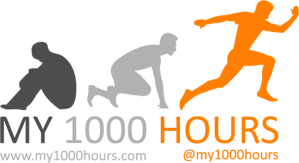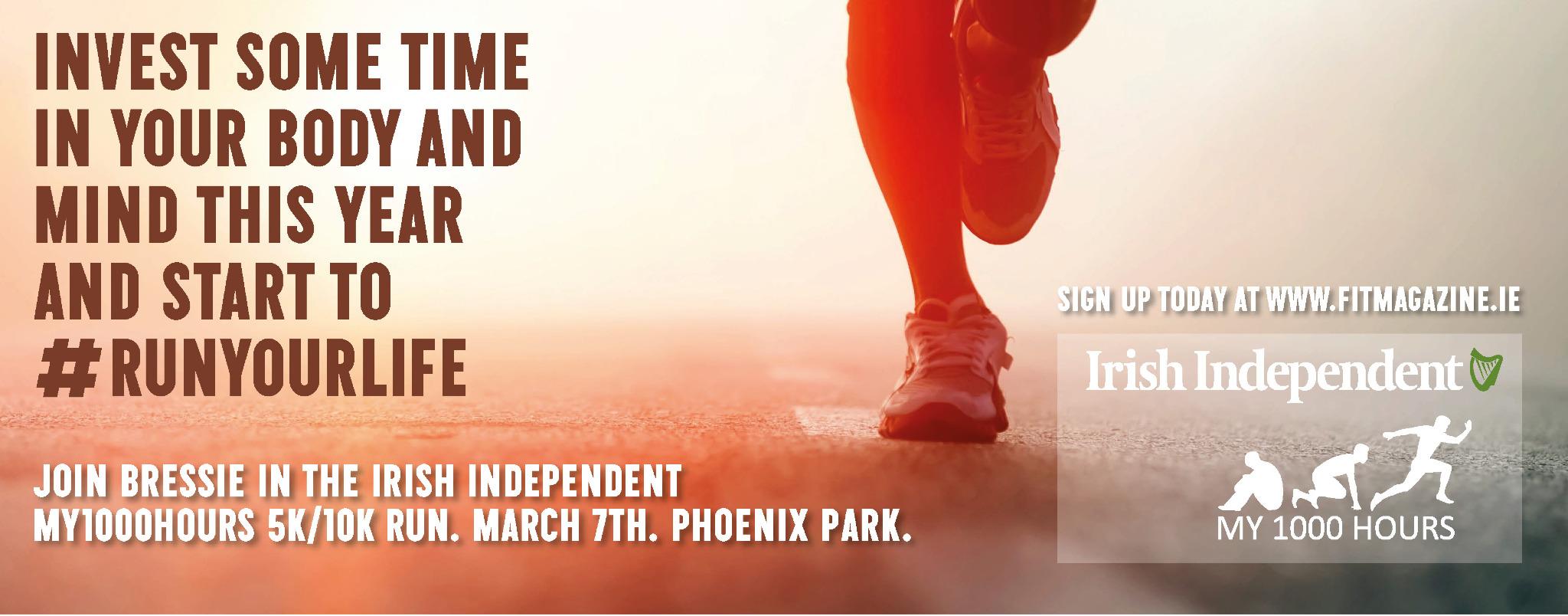It’s okay not to be okay and I want you to talk about it. That’s the message forming the focus of a lot of people’s tweets, blogs, social media messaging this weekend for a number of reasons, two in particular.
The first: Madison Holleran, a 19 year old freshman at Penn State University, tragically committed suicide in January 2014. An 800m runner, soccer player and attending a highly prestigious U.S university, her social media profile showed someone who was successful, happy and living a great life. Like the great majority of people, she did her best to show the best version of herself online, when really the reality was quite different. For whatever reasons, she found it difficult to talk. Perhaps just a coincidence, Madison’s tragic death was mentioned in a number of running blogs in recent days, inlcuding two very good pieces by Tina Muir and the Runner Beans, which you can find here: http://tinamuir.com/letting-go-of-perfection/ http://www.therunnerbeans.com/2015/05/life-unfiltered.html
The second: the Darkness Into Light 5km took place this morning, an event organised by the Pieta House foundation which aims to raise awareness of depression, suicide and self-harm. Over 100,000 people across 80 venues around Ireland turned out this morning at 4:15am to show their support in raising the conversation nationally and colloquially. It was very dark, a bit wet and rather insane (to be honest) but the turnout was solid and marks a new high for Irish people in terms of positively demonstrating a willingness to recognise that depression is a real part of so many lives throughout our little country and an acceptance that it is okay not to be okay. Thanks to events such as this one and Niall Breslin’s (Bressie) recent My 1000 Hours initiative, the Irish appear to be by and large coming around to the idea that it is a good thing to talk.
What, I hear you say? Yes, the Irish are world class talkers, many capable of holding conversations for hours without drawing breath and without, to be honest, really the need of a second person, except to have a fixed point upon which to focus on for the duration. We talk about sports in incredible detail, from training to team management, to sponsors, season hopes, team histories to who makes the sandwiches for the under-age teams and the family history of each of the players, including the subs. We talk about politics like we founded it, the rightful proprietary owners of democracy, the founders of free speech. We do weather in the most extraordinary breakdown of detail you will ever hear, with more descriptions of rain than exist in any other part of the world.
Rarely struck by an inability to talk, the Irish people have traditionally failed systematically and near-comprehensively in their ability to talk to each other about anything that really matters. We don’t talk about our feelings, we don’t talk about love and we don’t talk about feeling down. A typical Irish greeting might go something along the lines of “How ya?”, “How’s it going” or a “What’s the craic?” (which also translates into “How are you?” for my international friends 😉 ). The stock answer: “Grand”. When I lived in NYC for a summer a few years back, I remember being incredibly struck by how differently Americans responded when you asked them how they were. In Ireland, it’s treated like a greeting, most people don’t actually expect you to tell them how you are but I found it so refreshing when people in New York actually did. Okay, they weren’t usually telling me their life stories (although this did actually happen on more than one occasion) but they were giving me a more honest answer and seemed to be willing to tell me about how they were feeling in that moment. I thought it was great. Then I came back to Ireland and people just started telling me they were grand again.
Perhaps it’s the influence of watching American or Australian television shows, or maybe it’s just a gradual awareness by people in Ireland that talking about how you’re feeling to another person is not a sign of weakness and that it really is not just okay to talk about when things are troubling you or getting you down, but is a good thing.
I think it’s a great thing that the conservation about depression and self-harm has been raised to a national level and that it is gradually becoming more acceptable in Ireland and across the world to really talk about how we are feeling. We are not there yet and we have a lot further to go, but it signifies positive progress and that’s a good thing.

